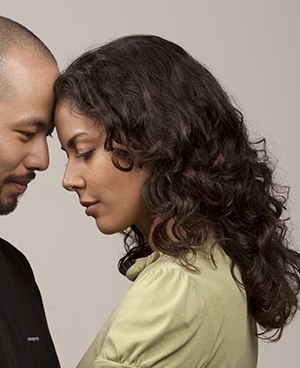Miscarriage is the unplanned end of a pregnancy before 20 weeks. When a miscarriage happens, you’re likely to have a wide range of feelings. It is important to let yourself accept how you feel. Only then can you begin to move on.
No one is to blame
Know that you did not cause this to happen. Miscarriage is very common. There is a 15% chance of miscarriage with each pregnancy (after pregnancy has been diagnosed). Miscarriage usually takes place during the first 10 weeks after conception.
Grief takes many forms
Grief may be the first thing you feel, or it may happen to you later. You may grieve because the future you hoped for feels lost. Grief is painful and often lonely.
But a miscarriage is often easier to deal with over time.
What you feel is OK
No one can tell you how to respond to your miscarriage. If you've been trying to have a child, this loss may feel overwhelming. Perhaps this was an unplanned pregnancy. That doesn’t mean you won’t feel loss. You know yourself best. It’s OK to feel whatever you feel.
A sense of loss
No matter what you thought about being pregnant, having a miscarriage may cause a sense of loss.
You may feel as if something is missing. This can be overwhelming. Different people deal with loss differently. It’s OK if you can’t describe how you feel. At first, it may be enough just to sit with and feel your emotions.
A note for partners
Partners grieve, too. You may be feeling sad, helpless, or frustrated. When you’re struggling with your own feelings, knowing how to help your partner may be hard. But do your best to provide support. It can help to:
-
Be kind to yourself and your partner. Let them know they can share with you how they are feeling.
-
Spend time together.
-
Accept and respect each other's way of mourning without judgment.
-
Fix a meal or bring dinner home.
-
Help your partner remember small things you used to enjoy as a couple like watching a favorite movie.
-
If you have children, spend extra time with them.


